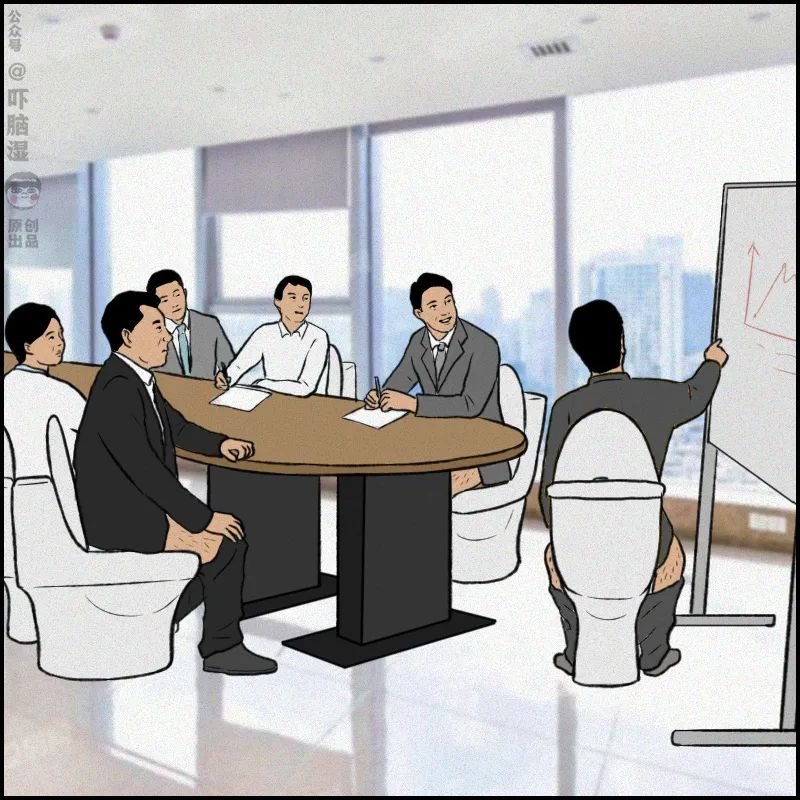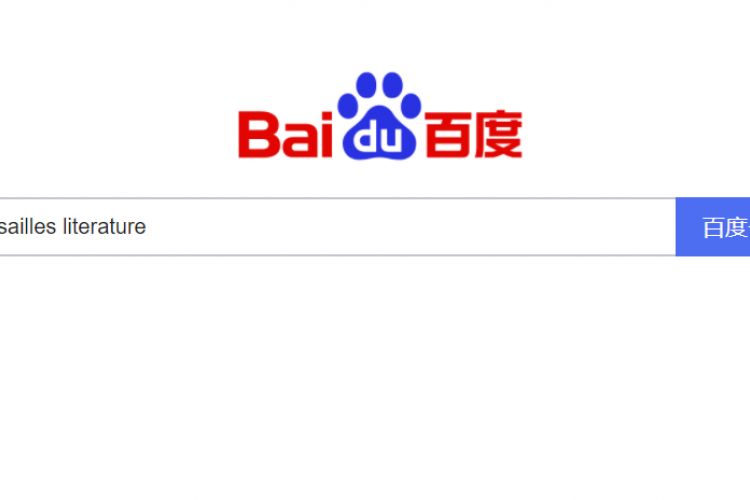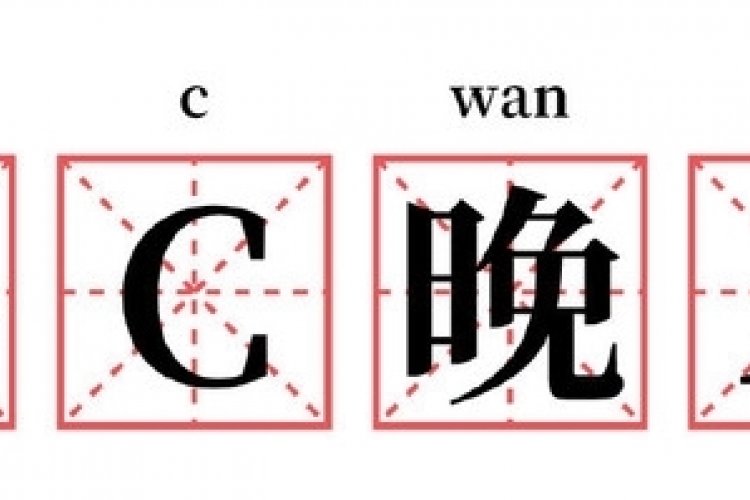Mandarin Monday: Good Morning Salarymen and Salarywomen
Most people will agree that nowadays, getting up on Monday mornings is a trial of will power. Historically, during the height of communism in China, workers were empowered, bolstered by a sense of communal ownership of the larger enterprise. This responsibility encouraged them to dedicate themselves to what they were doing and be proud of it. Now, however, unless you're one of the select few, from interns to project managers, people are constantly toiling to realize someone else's dream, and are all too aware of the fact that they are, in effect, dispensable.
All of which is to say, office workers are pissed.
Luckily, unlike previous generations, we have a little thing called the internet, or the perfect dumping ground for frustrations, complaints, and commiserations in the form of comment threads and memes. We've broken down a few of the most popular phrases that Chinese netizens turn to in a desperate attempt to make sense of this thing we call "work life."
打工人 dǎgōng rén People who work for others

Recently, this phrase used by the working class to refer to themselves went viral on social media. However, it's nothing new, with some iteration of it dating back to the 70s and 80s, when folks in Southern China called these people 打工仔 dǎgōng zǎi wage earners. At the time, this word was imbued with a sense of superiority by people who held a secure job at a nationally owned company. Today, with the majority of the population having turned into dagong ren, the pejorative sense of this word gradually faded, giving way to something more ironic and self-deprecating, a way for folks to find solace in the similar plight of their peers. As such, netizens use phrases like “早安,打工人 zǎo ān, dǎgōng rén Good morning, salarymen and women" to greet each other.
社畜 shèchù Livestock of the company
This word was borrowed from Japan, another country where devotion to employment is praised and expected. Essentially, while a company may pay you to eat and survive, the bottom line is that they really just want you to stay healthy, such that you can dedicate yourself to the job while neglecting your time, freedom, and sometimes, dignity.
奋斗逼 fèndòu bī The hard-working jerk
Every company has one. That guy or gal who shows up early, leaves late, never calls in sick, takes on extra work, voluntarily works overtime or constantly sends WeChat messages over the weekend, and generally just makes the rest of the office look bad. To be sure, there's nothing inherently wrong with hard-working individuals, but there has to be a limit if we're all meant to preserve our image as a good employee. Essentially, it's fine if these habits start and end with the individual, but when they impose these values on others, effectively raising the expectations of the employer to a ridiculous level, it's a problem.
精神资本家 jīngshén zīběnjiā Capitalists in their own mind

When news breaks about employers lauding the ludicrous hours they keep or their penchant for exploiting low wage earners, some little jackass always runs to the defense of "the Man," and capitalist systems in general, despite the fact that they are also wage earners and will never get to reap what they themselves are sowing.
资本主义掘墓人 zīběn zhǔyì jué mù rén The gravedigger for capitalism
After the meaning of dagong ren was appropriated by the consumer and entertainment industries, some particularly angry workers started to quote this Marxist maxim in defiance of a media bullhorn that distorted their message.
内卷 nèi juǎn Involution
An unhealthy competition without winners, usually started by a few fendou bi. When a few people insist on doing more than what's in their job description, the employer tends to fire those who are meeting expectations as opposed to those who are exceeding them. As a result, everyone has to work their asses off to avoid getting fired, even though no one will see any sort of rise in their salary.
大小周 dàxiǎo zhōu Big and small week working schedule

A recent development in scheduling by which employees take one or two days off every week in turn, so that there are constant bodies in the office.
摸鱼 mōyú Catch the fish (Slack off)
Comes from the idiom, "浑水摸鱼 húnshuǐmōyú catch the fish in the riled muddy water," which means turning a profit out of tragedy. This shortened version, however, is more frequently used to describe slacking off during work hours, a passive-aggressive way for dagong ren to stick it to their bosses.
带薪如厕 dài xīn rú cè Paid toilet breaks

Dagong ren don't necessarily get paid leave, but you would at least hope that their toilet time is uninterrupted. Heck, if your company only has squat toilets, chalk it up to a free gym membership, and getting in some much need squats after sitting at your seat for eight hours a day. Unfortunately, there are some reports about companies that plan to install timers which will monitor toilet break length. Is nothing sacred anymore?!
And with that, we wish you a very happy Monday, Beijingers!
READ: Digitized Labor Contracts Coming to a Workplace Near You
Images: Weibo, Giphy
Related stories :
Comments
New comments are displayed first.Comments
![]() WaqarOptimist
Submitted by Guest on Mon, 11/16/2020 - 17:20 Permalink
WaqarOptimist
Submitted by Guest on Mon, 11/16/2020 - 17:20 Permalink
Re: Mandarin Monday: Good Morning Salarymen and Salarywomen
Mandarin Monday is my favorite segment, and I find it interesting how things are same everywhere. Just the words or the way of expression is different. And, I also agree with Gio that there are two sides of the coin. And I wish that we all become good at contemplating both sides of the coin!
Validate your mobile phone number to post comments.







